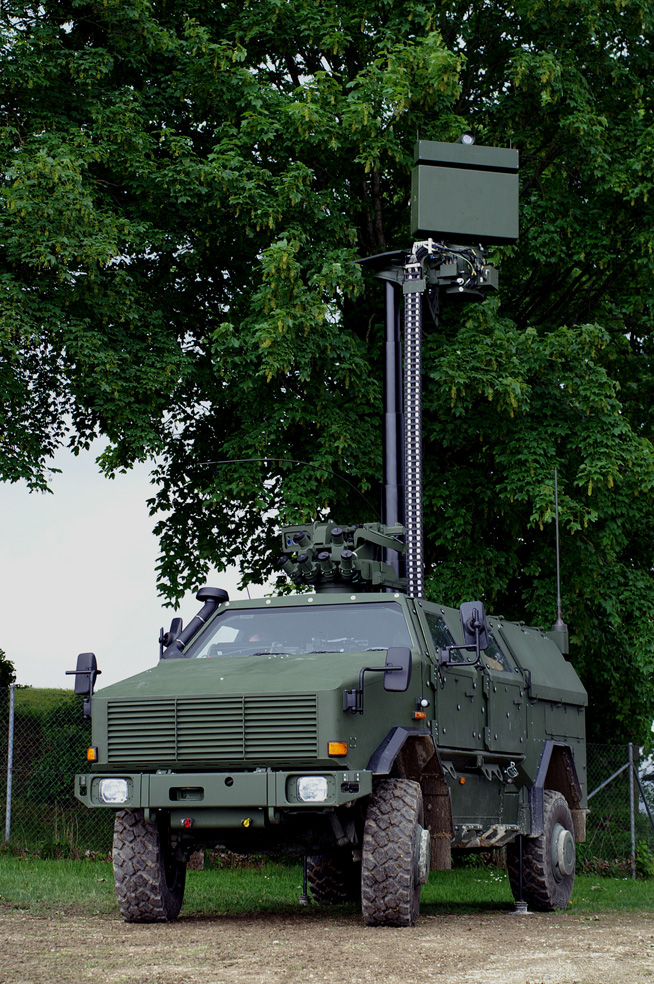WASHINGTON, Aug. 17, 2010 — Resumption of military-to-military contacts between the United States and China is in both countries’ best interests, senior defense officials said yesterday.
The officials, speaking on background about a new report delivered to Congress yesterday, also said the Chinese have not been as transparent as they could be about their military transformation program, leaving the Sino‑U.S. dialogue open to misunderstanding and miscommunications that could lead to miscalculations.
The congressionally mandated annual report, titled “Military and Security Developments Involving the People’s Republic of China 2010,” was released on a day when officials announced China has surpassed Japan as the world’s second-largest economy. China should have a gross domestic product of just over $5 trillion this year. The United States has the world’s largest economy, with just over $15 trillion.
The booming Chinese economy is a good thing for the world, the report says, noting that the Chinese middle class is growing by leaps and bounds. The economic expansion has given the Chinese government the money needed to transform its military.
“We welcome a strong, prosperous and successful China,” a senior defense official said, noting that a strong China has played an increasingly important role on the international stage.
“At the same time,” the official added, “the Chinese government has embarked on a mission to transform its military into a modern force capable of conducting a growing range of military missions.”
A decade ago, China’s army issued a new roles and missions statement that goes beyond the country’s immediate territorial interests. Some of the growth is good: China is participating in humanitarian relief, peacekeeping, search and rescue and counterpiracy missions. At the same time, “the lack of transparency around China’s growing capabilities and its intentions have raised questions about Chinese investments in the military and security sphere,” the official said.
This worries planners and strategists in the Pentagon. The Chinese have not been open about anti-access capabilities they are developing, about cyber attacks, or even about the cost of their military effort, officials said.
In March, Chinese army leaders announced a 7.5 percent increase in the country’s military budget to about $78.6 billion. “The [Defense Department] estimate of China’s total military-related spending for 2009 stands at some $150 billion,” the senior defense official said.
“The complexity of the regional and global security environment, as well as the advances in China’s military capabilities and its expanding military operations and mission, call for a stable, reliable and continuous dialogue between the armed forces of the United States and China to expand practical cooperation where our national interests converge and to discuss candidly those areas where we have disagreement,” the senior defense official said. “Such dialogue is especially important, we believe, during periods when there is friction and turbulence.”
The Chinese ended the military-to-military dialogue with the United States after the United States sold $6.4 billion in defensive weapons to Taiwan in accordance with the Taiwan Relations Act of 1979. It was the second such halt in recent years.
Last year — the year covered by the new report — Sino‑U.S. military-to-military relations were good. But the on-again, off-again nature of China’s engagement with the U.S. military ended the period of civility and progress in the military-to-military relationship.
The stop-and-go cycle limits the areas the two militaries can discuss. Even more troubling given China’s increasing military capabilities, this cycle increases the risk that miscommunication and misperception could lead to miscalculation, the official said.
“Moreover, we believe that it is in our mutual interests … that we have a balanced and reciprocal dialogue allowing us to build mutual trust, cooperative capacity, institutional understanding, and develop common views, all of those things on our normal checklist, and that there is a real cost to the absence of military-military relations,” the official said.
The United States has tried to restart the contacts. It is now up to China to make the next move and “demonstrate that it is in their interest to stay in that relationship and that they desire to sustain these engagements through periods of turbulence,” the official said.
In the near term, the Chinese are preparing for a Taiwan contingency. China also is developing the capability to attack at long range military forces operating in the Western Pacific. The capability still is limited, but it can grow in numbers and accuracy, the official said.
China has the most active ballistic and cruise missile development program in the world. The Chinese are developing new classes of missiles, upgrading others and working on countering ballistic missile defenses.
At sea, China’s navy has the largest force of principal combatant submarines and amphibious warfare ships in Asia. China continues to invest heavily in nuclear-powered submarines and diesel electric boats. It’s also building an aircraft carrier and other combatant surface ships.
The Chinese are also developing space and cyber capabilities, pursuing the ability to dominate across the spectrum of information in all its dimensions on modern battle space, the official said.
“China’s investment in advanced electronic warfare systems, counterspace weapons and computer network operations reflect the emphasis and priority China’s leaders place on building capability in these areas,” the senior defense official said.
Source:
U.S. Department of Defense
Office of the Assistant Secretary of Defense (Public Affairs)

 von
von 